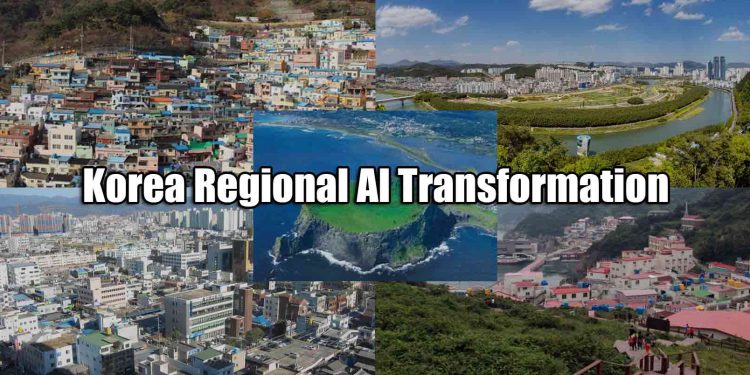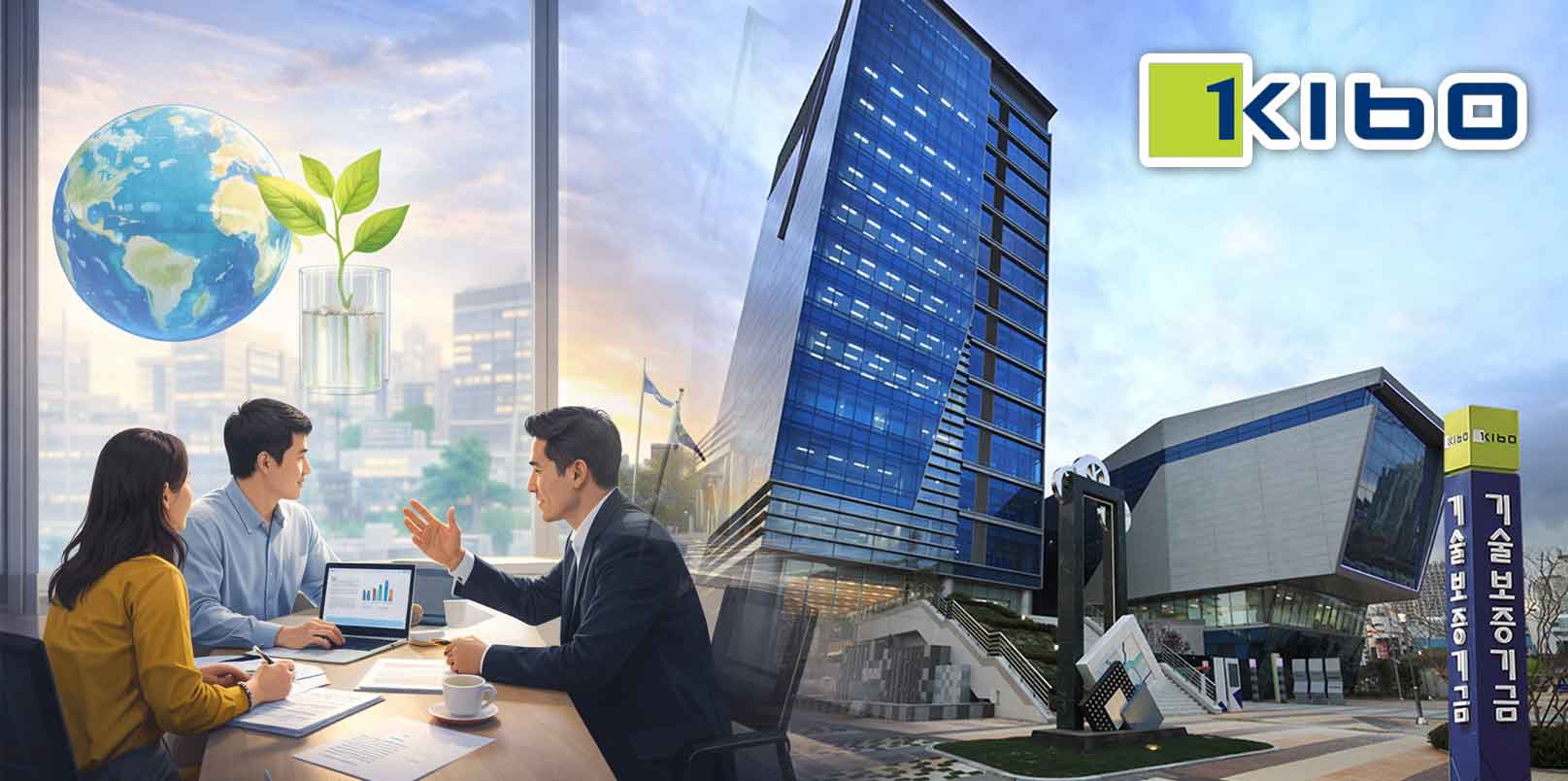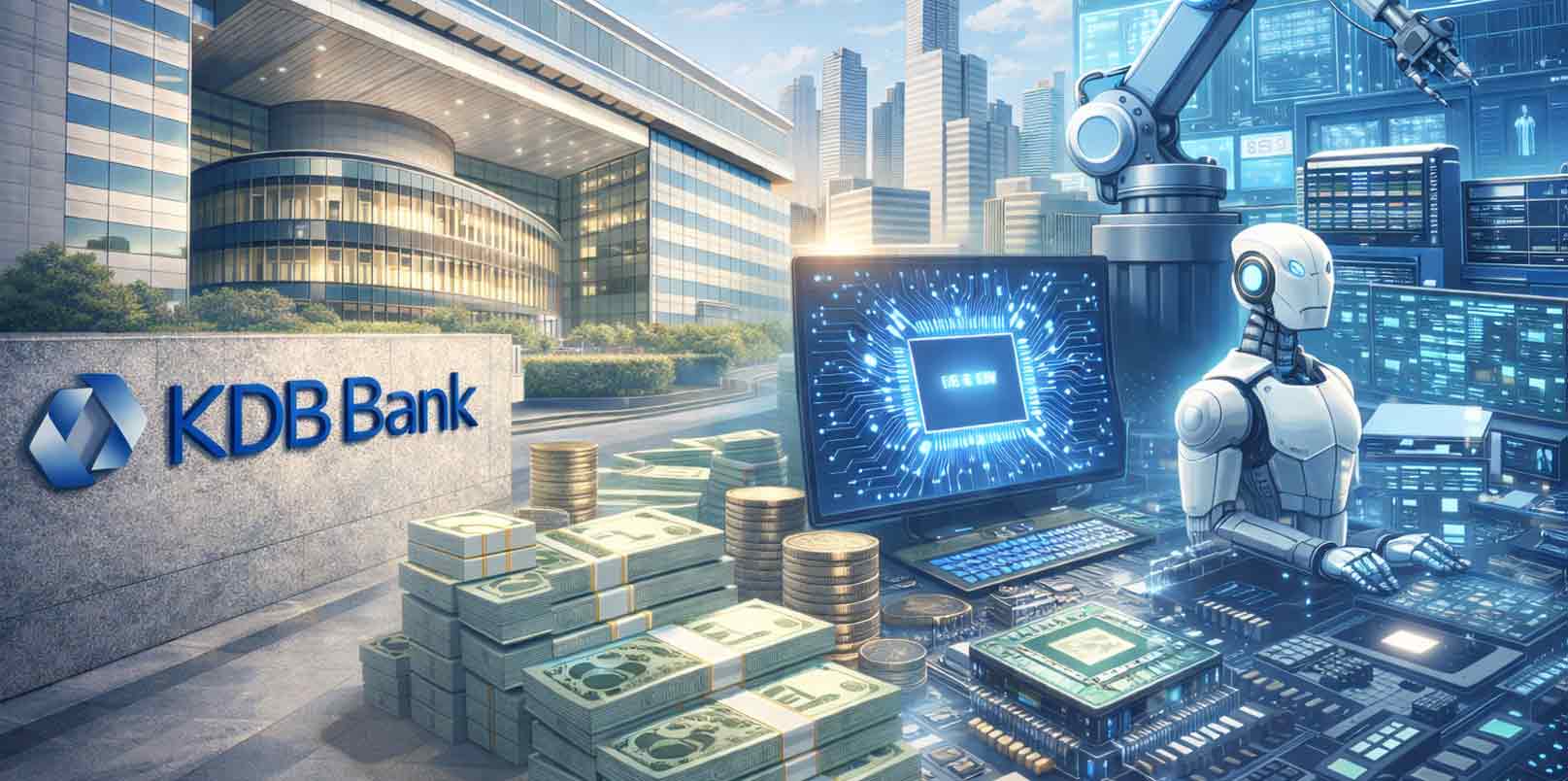Korea is accelerating its push to proceed with AI transformation strategies across traditional industries, channeling $5 million into regional hubs that span aerospace, manufacturing, and biohealth. By empowering SMEs outside Seoul to lead transformation, the government is signaling a wider shift: innovation policy is no longer just about funding startups but about creating distributed AI ecosystems that reshape competitiveness across Asia-Pacific markets.
Korea Selects Five Regions for AI-Led Industrial Transformation
On October 1, the Ministry of SMEs and Startups (MSS) confirmed the selection of Gyeongsangnam-do, Daegu, Ulsan, Jeollanam-do, and Jeju as participants in the 2025 Regional-Led AI Transformation Program. The initiative will channel approximately KRW 7 billion (USD 5 million) in national funding over two years to accelerate small and medium enterprise (SME) adoption of AI solutions across key industries.
The government will cover up to 60% of project costs, with local governments as well as participating SMEs required to contribute the remaining 40% or more. A similar budget is planned for 2026, signaling long-term commitment.
Localized AI Transformation Strategies Designed Around Industrial Strengths
Each region will implement customized AI adoption programs aligned with its industrial profile:
- Gyeongnam will focus on aerospace, defense, and machinery, distributing AI solutions among 3–5 partner firms while establishing GPU and edge-computing infrastructure.
- Daegu will implement eight leading AI model projects in automotive parts manufacturing and build an AI Innovation Center in the Dongdaegu Venture Valley to serve youth-led startups and SMEs.
- Ulsan will support SMEs in auto-parts, shipbuilding equipment, and fine chemicals with ready-to-use AI tools, anchored by a “Manufacturing AI Innovation Hub.”
- Jeonnam will conduct deep AI readiness assessments in chemicals, steel, ceramics, pharmaceuticals, and renewable energy, followed by tailored solution deployment and workforce training.
- Jeju will advance its biohealth cluster through the AI+B initiative, linking biotech and AI via LLM-driven bio-big-data solutions, alongside establishing shared AI infrastructure such as public GPU farms and testbeds.
The Ministry Pledges Tangible Gains in Productivity and Revenue
MSS Minister Han Seong-sook emphasized the government’s goal of delivering measurable outcomes for SMEs:
“We will continue to support more regional SMEs in adopting and using AI technologies so that improvements in quality, productivity, and revenue growth can be realized,” Han stated.
She also highlighted the importance of close collaboration with local governments to accelerate program execution and maximize results.
Korea AI Transformation Build Global-Ready SME Competitiveness
This program is a clear signal of Korea’s shift toward decentralized AI adoption. By embedding AI capabilities in regions beyond Seoul, the government is creating new entry points for SMEs in traditional sectors such as aerospace, heavy machinery, and biohealth.
At the same time, Korea AI transformation will tangibly show global investors and policymakers how the country is building regional AI hubs to reduce concentration risks and spread digital transformation benefits nationwide.
Korea AI transformation strategy also resembles broader global trends where governments tie AI investment to industrial clusters, ensuring that innovation translates into competitiveness in manufacturing, healthcare, and defense supply chains.
By combining national subsidies with SME co-investment, the program also strengthens the capability infrastructure—training pipelines, GPU farms, and MLOps platforms—that startups need to scale internationally.
Regional AI Policy as a Blueprint for Cross-Border Growth
Korea’s Regional AI Transformation Program positions the country as an early mover in embedding AI adoption at the SME and cluster level. Startups gain new opportunities to pilot solutions within government-backed testbeds, while investors gain visibility into regional innovation centers in Daegu and Jeju that are likely to produce scalable models.
As Korea aligns its industrial policy with AI, the broader implication is clear: the country is laying the foundation for globally competitive SMEs in aerospace, manufacturing, and biohealth, sectors critical to the Asia-Pacific and beyond.
– Stay Ahead in Korea’s Startup Scene –
Get real-time insights, funding updates, and policy shifts shaping Korea’s innovation ecosystem.
➡️ Follow KoreaTechDesk on LinkedIn, X (Twitter), Threads, Bluesky, Telegram, Facebook, and WhatsApp Channel.






